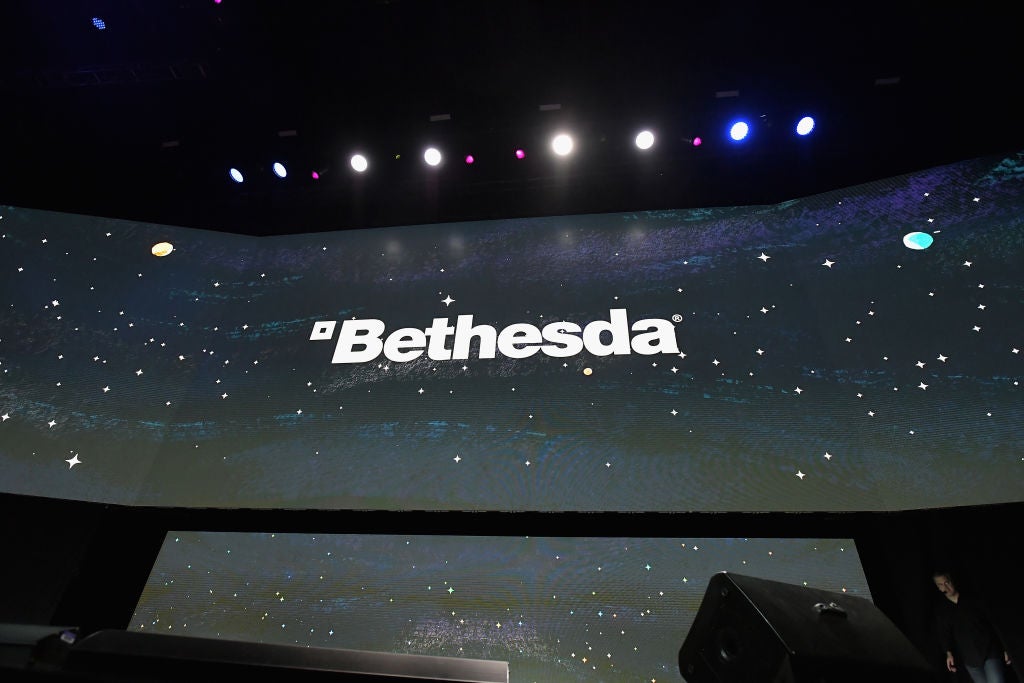
Claims against Meta’s CEO Mark Zuckerberg were denied during a hearing of the ‘infinite scroll’ addiction by Californian district judge Yvonne Gonzalez Rogers.
The case, originally filed by over 30 US states in October 2023, accused Meta of deliberately designing its Facebook and Instagram social media platforms to be addictive to children and younger users.
Features like autoplay were mentioned in the court case as catalysts for promoting daily overuse of the sites.
The lawsuit also claimed that Meta’s CEO and founder, Mark Zuckerberg, knew about the harmful design and did not act to prevent younger users from addiction.
The plaintiffs alleged that Mark Zuckerberg presumed the role of a “trusted voice” on Meta’s social media sites and thereby failed that role by not preventing harmful design features.
In Rogers’ filing it was ruled that the state plaintiffs did not provide sufficient case law to prove their interpretation of Zuckerberg’s public role.
How well do you really know your competitors?
Access the most comprehensive Company Profiles on the market, powered by GlobalData. Save hours of research. Gain competitive edge.

Thank you!
Your download email will arrive shortly
Not ready to buy yet? Download a free sample
We are confident about the unique quality of our Company Profiles. However, we want you to make the most beneficial decision for your business, so we offer a free sample that you can download by submitting the below form
By GlobalDataThe court also ruled that Zuckerberg did not have a special relationship with the plaintiffs that would require him to legally disclose the potential harms that came with the constant use of Meta’s social media sites.
The filing also referenced that Zuckerberg had publicly stated that Facebook and Instagram do not allow users to sign up under the age of 13.
The dismissal coincides with Meta’s decision, on 11 April, to lower the minimum age requirement for WhatsApp users from 16 to 13.
Activist group Smartphone Free Childhood criticised the move to lower the WhatsApp age restrictions and claimed that it would have negative consequences to online child safety.
Smartphone Free Childhood co-founder, Daisy Greenwell, stated that lowering the age to 13 suggested to parents that WhatsApp was safe for children over 13, something which the organisation disagrees with.
“WhatsApp are putting shareholder profits first and children’s safety second. Reducing their age of use from 16 to 13 years old is completely tone deaf and ignores the increasingly loud alarm bells being rung by scientists, doctors, teachers, child safety experts, parents and mental health experts alike,” she said.
She stated that the decision to lower the age restriction was to maximise profits and increase its active userbase.







